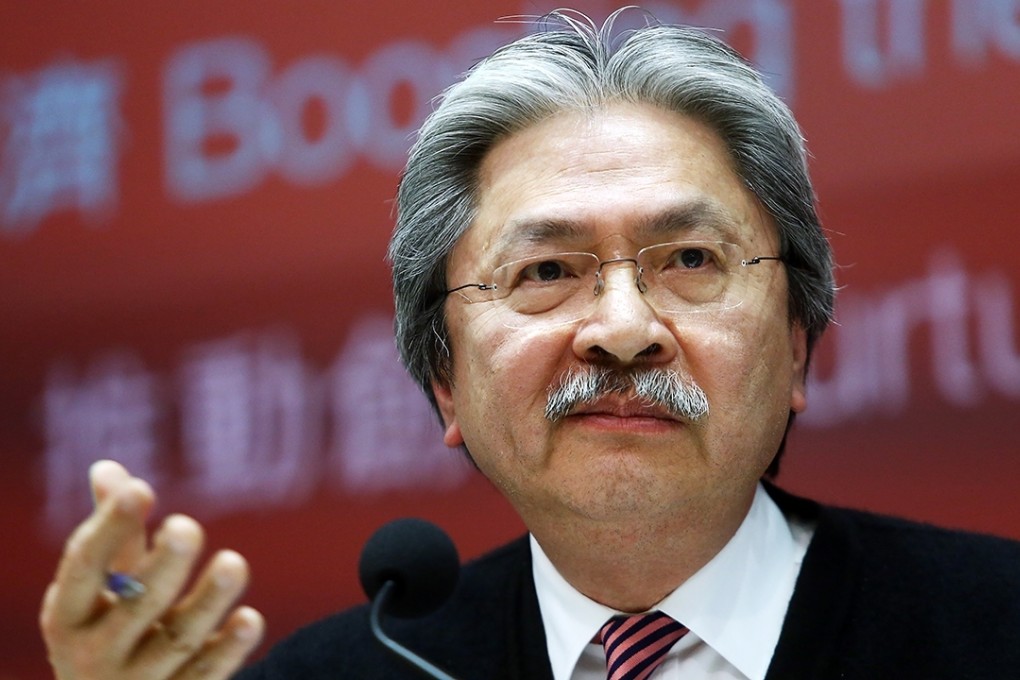Jake's View | Better to take a hard look before we leap into the world of fintech
The true test of these new ideas will only come in tough economic times, until then they are a risk

John Tsang Chun-wah put significant focus on financial technology, or fintech, a potential growth area for start-ups.
SCMP, February 25
And here I always thought that fintech referred to the tail adornments of 1950’s American cars, but never mind. Let’s look at some of the bright sides of this idea first.
It is certainly true that Hong Kong depends on being able to jump quickly to new ideas. It is how our economy made its transitions from shipping to the rag trade and then to finance. At some point it will have to be something new again. Why not peer to peer services?
And if the world is gradually moving in sales of goods to direct trade between producer and consumer, with the web knocking physical shops out of the way, why cannot it be done in finance, too?
